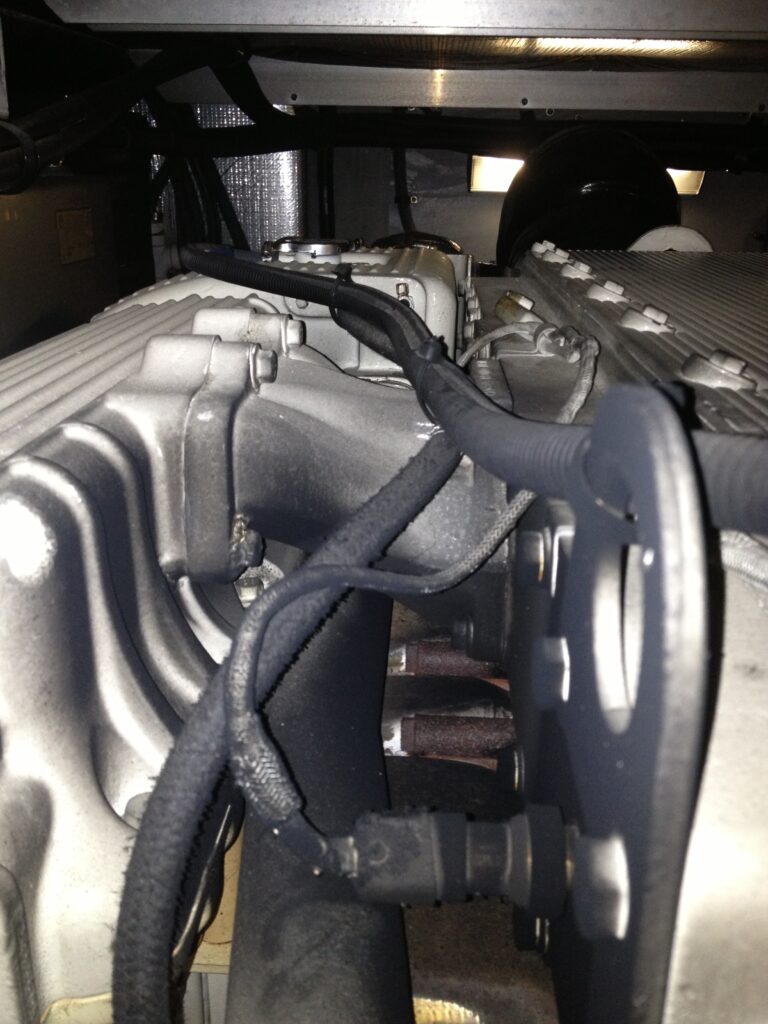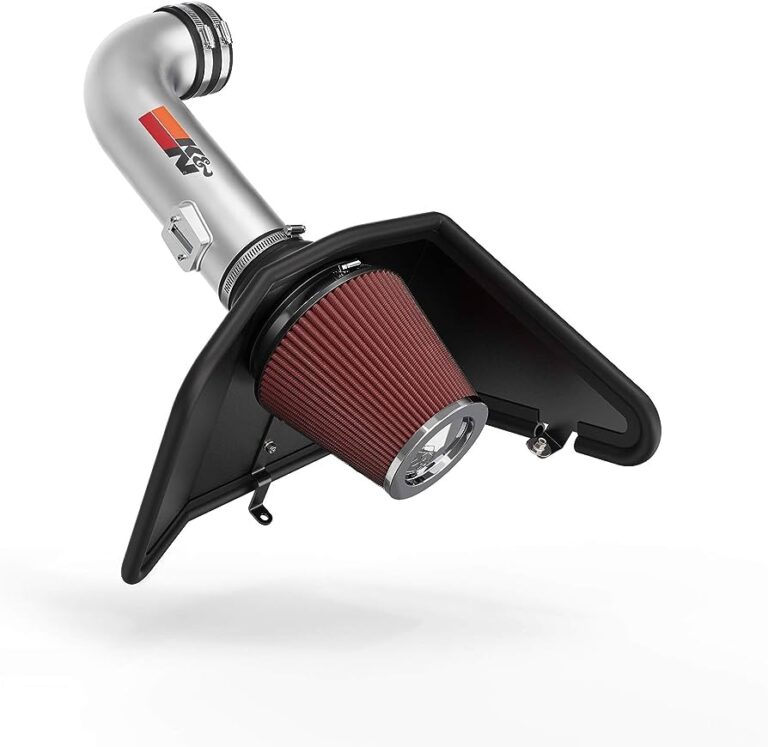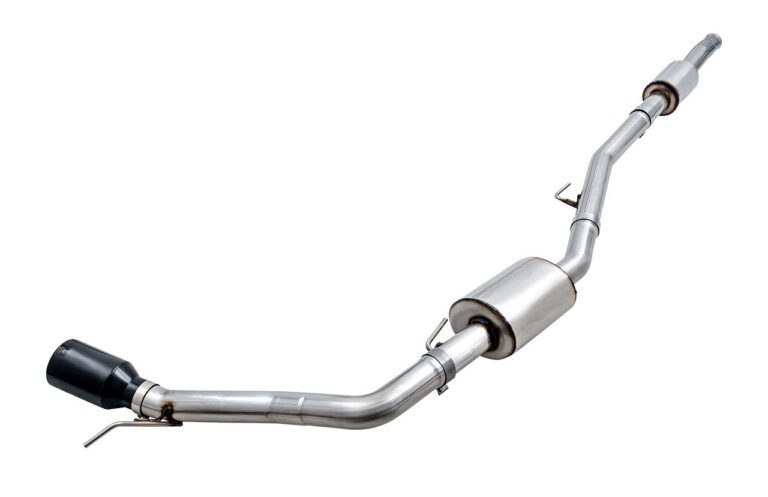Unleash the Roar: Car Sound Without Catalytic Converter!
Car sound without a catalytic converter increases noise levels and may impact the vehicle’s performance. Without a catalytic converter, the engine’s exhaust gases are not properly filtered, leading to a louder exhaust note and potential legal implications due to emissions non-compliance.
Additionally, removing the catalytic converter can result in reduced fuel efficiency and engine damage in the long run.
Why Remove The Catalytic Converter?
Removing the catalytic converter can provide some benefits for car enthusiasts who are looking to enhance their vehicle’s performance and sound. By eliminating this exhaust component, which is designed to minimize emissions, drivers can minimize restrictions and achieve maximum performance. Without the catalytic converter, the exhaust gases can flow more freely, allowing the engine to breathe better and potentially resulting in a small boost in horsepower. Additionally, removing the catalytic converter can enhance the engine sound, giving the car a more aggressive and sporty tone. However, it’s important to note that removing the catalytic converter is illegal in many countries and can lead to hefty fines and penalties. Moreover, it’s crucial to consider the environmental impact of increased emissions when making this modification.
Removing The Catalytic Converter: What You Need To Know
Before embarking on the decision to remove the catalytic converter from your car, it is crucial to understand the legal implications and regulations surrounding this action. In many countries or states, removing the catalytic converter is against the law due to emission control regulations. Violating these regulations could result in hefty fines and penalties.
Aside from the legal aspects, it is important to consider the potential effects on engine performance. The catalytic converter plays a vital role in reducing harmful emissions and improving overall fuel efficiency. Removing it may lead to increased emissions and decreased fuel efficiency, ultimately impacting the overall performance of your engine.
If removing the catalytic converter is still a decision you wish to pursue, it is imperative to follow the proper steps to ensure safety. Seek professional guidance or consult your vehicle’s manual for accurate instructions. Remember to wear protective gear and handle the components with care to avoid any potential harm or injuries.
Alternatives To Removing The Catalytic Converter
There are several alternatives to removing the catalytic converter in order to achieve the desired sound for your car. One option is to install a performance exhaust system, which not only enhances the sound but also improves overall performance. These systems are specifically designed to optimize air flow and increase horsepower, giving your car a deep and aggressive sound. Another option is to use high-flow catalytic converters, which are designed to reduce restriction in the exhaust system while still effectively reducing emissions. These converters provide improved performance without sacrificing environmental compliance. Additionally, exhaust resonators and mufflers can be added to further customize the sound of your car. Resonators help to cancel out specific frequencies, while mufflers control the overall noise level. By carefully choosing the right combination of these components, you can achieve the perfect sound for your car’s exhaust system.
The Pros And Cons Of Removing The Catalytic Converter
The pros and cons of removing the catalytic converter must be carefully considered. By removing the catalytic converter from a car’s exhaust system, there are potential benefits to increasing horsepower and torque. This can result in a noticeable boost in performance for those seeking a more powerful driving experience. However, this modification can also have drawbacks such as decreased fuel efficiency and increased emissions. Without the catalytic converter, pollutants released into the environment may increase, contributing to air pollution. From an ethical standpoint, it is important to consider the impact on the environment and the potential harm caused by increased emissions. Ultimately, the decision to remove the catalytic converter should be made with careful consideration of the trade-offs and the potential impact on both performance and the environment.
Ensuring Proper Installation And Maintenance
Proper installation and maintenance are crucial for ensuring an optimal car sound without a catalytic converter. Expert advice and professional installation, which are highly recommended, will help you achieve the desired outcome. Regular inspections and maintenance play a significant role in ensuring that your car sound remains top-notch. By keeping track of any potential issues and addressing them promptly, you can prevent further damage and maintain the sound quality. It is important to understand warranty implications when modifying your car exhaust system. Some warranties may be affected by the removal of the catalytic converter. Therefore, it is advisable to consult with professionals who can guide you through the installation process and ensure that the necessary precautions are taken to preserve your car’s performance and warranty.

Credit: www.vividracing.com
Legal And Environmental Consequences
Legal and Environmental Consequences
Potential fines and penalties for illegal modifications:
Modifying a car to remove the catalytic converter without proper authorization is illegal in most countries. Offenders may face hefty fines and penalties, varying depending on the jurisdiction. Law enforcement agencies often conduct random checks, and those found in violation can be severely penalized.
Effects on air pollution and public health:
Car sound without a catalytic converter can contribute to increased air pollution, as the device plays a critical role in reducing harmful emissions. Without a catalytic converter, toxic gases like carbon monoxide, nitrogen oxides, and hydrocarbons are released into the atmosphere in higher quantities, posing risks to public health and the environment.
Supporting eco-friendly alternatives:
Fortunately, there are eco-friendly alternatives that car enthusiasts can explore rather than removing the catalytic converter. Upgrading to a high-performance catalytic converter or an aftermarket exhaust system can provide improved sound while maintaining emission control. This ensures environmental responsibility while still enjoying the desired audio experience.
Frequently Asked Questions Of Car Sound Without Catalytic Converter
What Does A Vehicle Sound Like Without A Catalytic Converter?
A vehicle without a catalytic converter produces a louder and more aggressive exhaust sound.
Does Your Car Make More Noise Without Catalytic Converter?
Yes, a car can make more noise without a catalytic converter. Without it, the exhaust gases are not as effectively controlled, resulting in louder engine noise. Removing the catalytic converter may give your vehicle a deeper, louder exhaust tone.
How Much Louder Is A Car Without A Catalytic Converter?
A car without a catalytic converter can be significantly louder, emitting higher decibel levels.
Can You Run Your Car Without A Catalytic Converter?
Yes, you can run your car without a catalytic converter. However, it is illegal in most areas, and it can lead to increased emissions and potential damage to your engine in the long run.
Conclusion
After considering the impact of removing a catalytic converter from a car’s exhaust system, it is clear that this modification can significantly alter the sound of the vehicle. While some may enjoy the louder and more aggressive noise, it is important to remember the potential legal and environmental consequences.
Additionally, removing the catalytic converter can lead to decreased performance and potential damage to other components of the car. It is crucial to weigh the pros and cons before proceeding with this modification.







